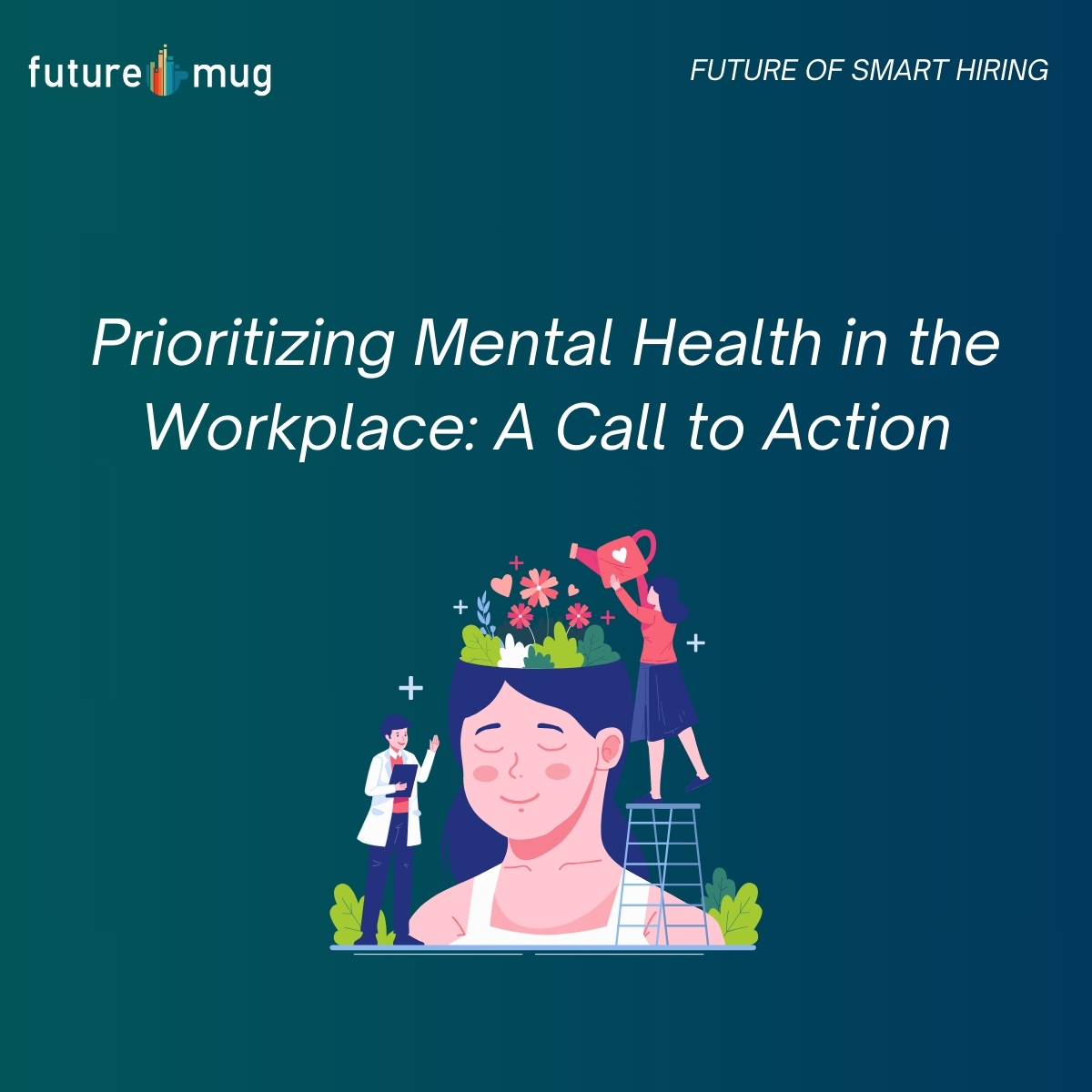
Prioritizing Mental Health in the Workplace: A Call to Action
Workplace stress is not anymore a topic to be debated, but an emergency that needs to be addressed. The experiences of stress-related deaths have underscored the grim cost of untreated mental health problems for businesses. As it is the case in many parts of the world, namely India, the workplace culture is currently at a precipice where tokenism is no longer sustainable. It means one needs to achieve a real and profound change in the belief systems concerning organizational objectives – mental health should become the central goal of each company.

A Wake-Up Call for Employers
A reminder that too many workers are facing too much pressure daily from work, and that the tragic loss of employees is not sustainable. They can not longer rely on their managers to be more observant. The result of which is, instead of proactive measures such as creating a robust environment for employees to feel safe, supported, and listened to. In this new approach, there are wellness checks, more effective feedback channels and eliminating hierarchical barriers.
Senior Vice President and Head of Hexagon’s R&D Center India, Navaneet Mishra, emphasises the value of the skip-level meetings in bypassing communication barriers. Now he says : “Employees need to feel safe raising stress-related concerns.” “What we need to do is dismantle the hierarchies that prevent an environment for open communication.”
Creating Genuine Employee Support Systems
India Head of People and Culture at Encora Inc, Anitha Sarathy, views the surge in cases of workplace stress related fatality as the big wake up call for companies to make mental health a priorty. “Organizations must act and work actively to make sure their employees are thriving not enduring,” she continues. Encora’s approach to wellness involves routine surveys of wellness, using feedback mechanisms and devoting time to topics around workload balance and lack of clarity.
Collaborating with wellness providers allows Encora to take the preventive approach to mitigating some of those potential stressors before they reach a point of crisis. Encora supports a culture of thriving, both professionally and personally, with policies like remote first work, dedicated mental health days, and partnerships which create a holistic well being.
Fostering Psychological Safety in the Workplace
According to MassMutual India, the culture of inclusion and psychological safety has been key not only to protecting their employees physically but also to empower mentally. At MassMutual India, Rachna Taranath, interim head HR, says it’s critical that the company spot at risk factors and create an atmosphere where employees are allowed to speak freely. “We have to move away from a top-down way of operating,” she says, “and involve our employees day in and day out.”
Another thing the MassMutual has that makes it a great place to work is flexible hours, remote work and generous leave policies. These initiatives give employees the ability to maintain work productivity without compromising on well being.
Policies That Prioritize Mental Health
Besides fostering an open communication, companies should have policies that prove real commitment to mental health. It means giving more than surface level benefits. But many organisations are coming to realise that providing comprehensive mental health insurance coverage, access to free 24/7 counselling services and confidential reporting channels are critical to building the kind of workplace that is supportive to staff. Anti-retaliation guidelines can also be very strong and so that employees do not feel that expressing their concerns puts them at risk of retribution.
The programs both Encora and Hexagon have set to incorporate mental wellness into the core elements of their corporate culture have been implemented. Companies are learning that such initiatives can not only encourage employee well-being, but also spur engagement and productivity, to such extent that work hours can be more flexible, and work models more hybrid.
A Thriving Workforce is a Productive Workforce
Hexagon’s Navaneet Mishra reminds us that an organization’s greatest asset it its people. He notes, “Our Reverse Mentorship Program, where even Gen Z employees mentor company leaders, is a proof point of our mission to make openness to all levels of the organization.” We know these types of programs break down barriers and guarantee that your employees, no matter what level they are, feel empowered to speak up, and when needed, feel supported.
Now at Encora, Anitha Sarathy is propping up work life balance through recharge days, flexible meeting times for global teams and prioritising mental health as much as physical health. Directly, these efforts result into reforming a more hard working and engaged staff.
To empower employees, the resources and knowledge need to be right, says Rachna from MassMutual. The first step for companies is to help set clear communication channels and hand employee the correct tools, so as to make sure concerns don’t build to a toxic point. By adopting a proactive approach, better mental health is ensured, and simultaneously, a team full of thriving workforce who works very well in both personal and professional fronts.

Conclusion: Mental Well-Being is a Business Imperative
The time for making mental well being a priority in the workplace is gone. With stress related deaths and burn out on the rise, companies need to really, actually change. It is about more than superficial gestures but this must be in alignment with the make up and organization of the corporate culture around mental health support.
For companies like Hexagon, Encora, and MassMutual, the path forward is clear: Psychologically safe, open communication, and comprehensive mental health policies are empowering employees to live and work at their best — professionally and personally.
For us at futuremug, if we believe that a productive workforce is also a happy workforce, then honey works best here. Do you think your organization is doing enough to nurture the mental health of your employees? It may be a good time for a change if it isn’t.